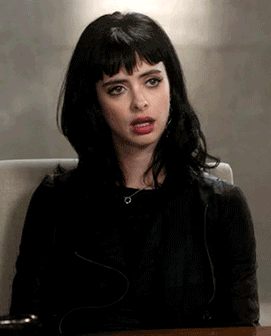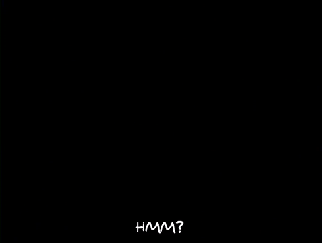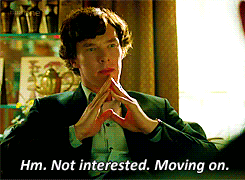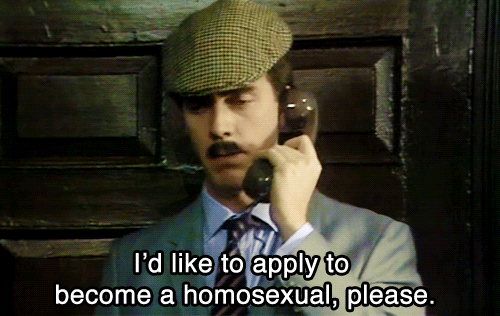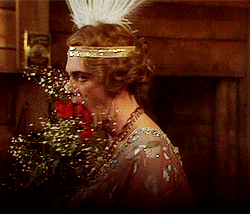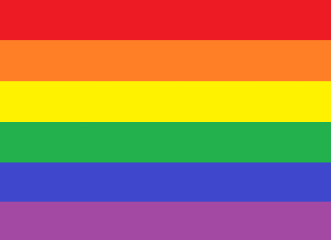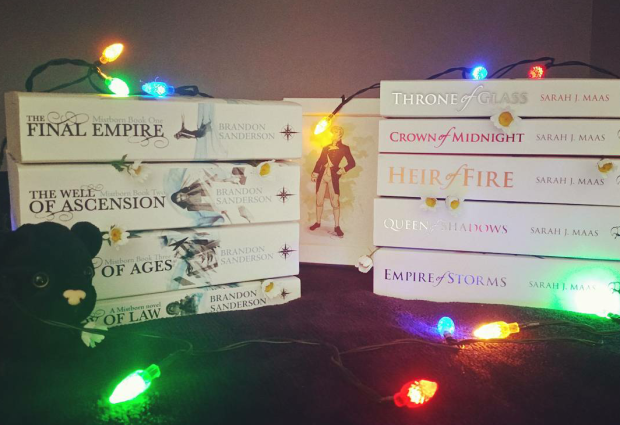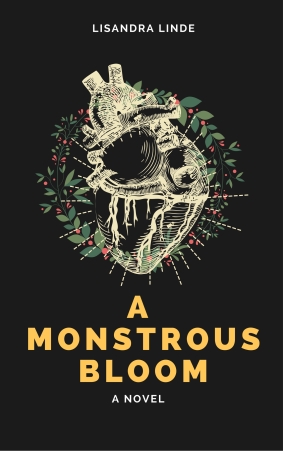This year sure has gone fast! I’ve been so busy I’ve hardly had the time to come back and update this blog- or keep you all posted on what I’ve been up to!
First thing’s first: October is going to be a super big and exciting month, so what’s happening?
(1) I’m reading at The Hearth
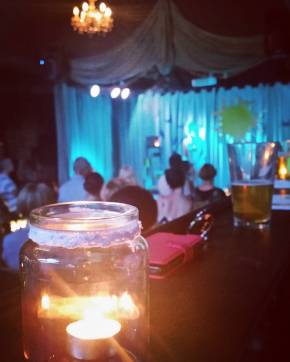
For those of you who don’t know, The Hearth is a night of creative readings based here in Adelaide, South Australia. I adore all the different spoken word groups here in Adelaide because each of them is so unique. What makes The Hearth stand out is their focus on the writing process. You can check them out here.
I’ll be performing part of an essay all about our relationship with cadavers, including a creepy look at the Capuchin Crypt in Rome, my own experiences in an anatomy lab and how we disconnect ourselves during our encounters with the dead.
If any of that appeals to you, make sure to come along to The Hearth’s ‘Of the Night’ reading night on the 26th of October at The Jade (142-160 Flinders st, Adelaide). The show kicks off at 6pm and entry is as cheap as $5 at the door. I recommend it to writers and readers alike. Not only are you supporting local artists, it’s also just an amazing and immersive experience.
(2) I’m helping edit the next Speakeasy Zine
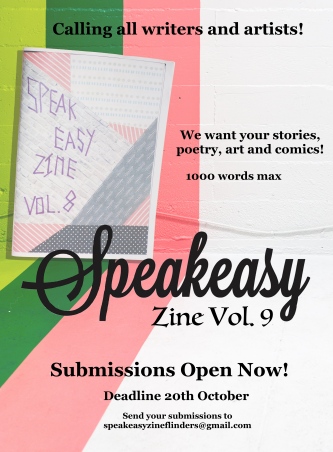
More spoken word related stuff? You bet. Speakeasy is a spoken word group made up of undergrad writers from Flinders University. Every year we run two on-campus reading events, two kick-ass gigs at The Wheatsheaf Hotel in Thebarton, and print two zines showcasing student work.
I love editing the submissions we get for each zine. Almost as much as I love getting together with the Zine making team to put the whole thing together. It’s all glue and glitter and tonnes of scrapbooking paper that goes into producing these little beauties.
If you want to support all the amazing students who share their work in our zine you can come along to our shows and buy them. Our next show is in November at The Wheatsheaf Hotel. More details are on their way so if you’re interested go check us out on Facebook (@speakeasy.creativereadings).
(3) Just one more quick recommendation!
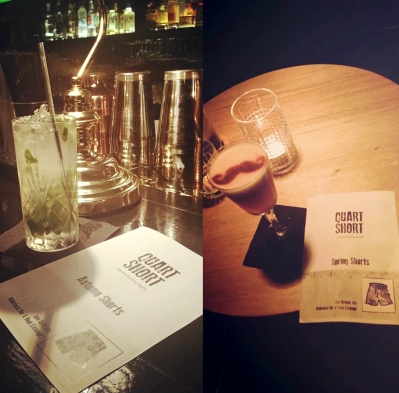 Quart Shorts is another creative readings group here in Adelaide who deserve a shout out. What makes them unique is that they have writers’ work read by actors. This is pretty different to most of the events that we see in Adelaide and that’s what makes them so interesting. It’s a totally different experience both for the audience and the writers whose work is being read.
Quart Shorts is another creative readings group here in Adelaide who deserve a shout out. What makes them unique is that they have writers’ work read by actors. This is pretty different to most of the events that we see in Adelaide and that’s what makes them so interesting. It’s a totally different experience both for the audience and the writers whose work is being read.
It’s pretty cool, so check it out. You can read more about Quart Shorts here. Their ‘Spring Shorts’ event is on October 17th at the super cool book bar Biblioteca (1/27 Gresham st, Adelaide).
Okay, that’s probably enough of me recommending stuff so let’s move right along to what I’ve been doing lately…
(4) I moved house and got myself a nice study
Last month was insane. Mostly because in amongst some friends’ book launch, lots of work drama and tonnes of thesis work I spent a lot of time moving house. The biggest pro of the move was that our new house came with a nice big room that I’ve turned into a study. It’s been years since I last had my own space just for writing/working.
It is super hard to do all of your work from your bed. Too comfy and too conducive to naps. So I was super keen to set up my desk and organise all my writing gear. The set up right now looks like this:
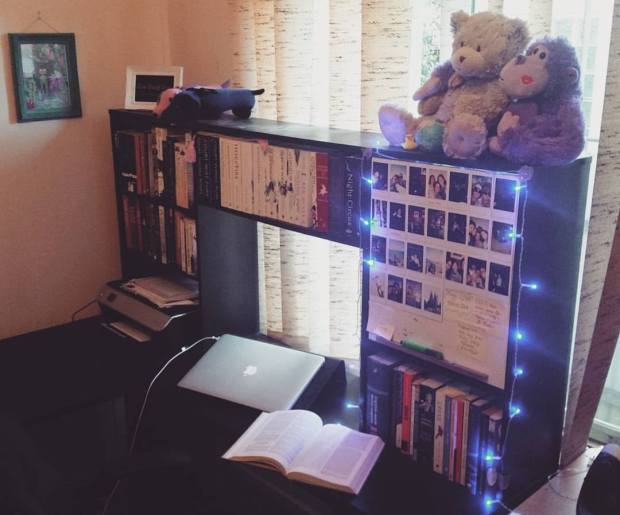
Already I’ve found myself being way more productive. I mean, I did finish writing my novel- but more on that later!
Having a space of your own to write in is, in my opinion, incredibly important. I have everything I need at my fingertips (and not spread all over the bed in a chaotic mess of papers and pens- which always go missing). It also just feels like a more productive space. When I sit down at my desk I have a clear purpose- I am here to write. There’s something psychologically stimulating about the space, something that you just don’t get when you do all your work curled up in bed (comfy as that is).
These last few years of not having a writing space have made me appreciate what I have now so much more. I understand that having a space like this is a privilege not all writers have. Knowing that, I feel like I’m going to use this space as much as I can and get the most out of it. That being said, let’s move on to what is probably the biggest thing to come out of this study so far.
(5) I finished writing my fantasy novel
 Okay, so maybe it isn’t finished. It’s written. There’s still a lot of editing to do before I can send it out to my beta readers and get their juicy feedback. But the other night I got to write ‘The End’ after 12 years of planning and drafting and generally tearing my hair out.
Okay, so maybe it isn’t finished. It’s written. There’s still a lot of editing to do before I can send it out to my beta readers and get their juicy feedback. But the other night I got to write ‘The End’ after 12 years of planning and drafting and generally tearing my hair out.
This book has been one heck of a journey. What started as some doodles and lines written in pencil at age 11 has grown into a sprawling fantasy world full of gods and magic and characters that I adore and cherish. Even with all the work that lies ahead to make this book worth publishing, I still feel like I’ve reached a huge milestone.
The words are all there, I just need to make sure they all make sense. The story is there, I just have to make sure it reads as well as it looks in my head. I’m hoping to really throw myself into the editing process in the months to come. Hopefully at the end of it all I’ll have something I can proudly show off to the world.
I’ll definitely keep you all updated as this thing grows and scrubs up into a fine little fantasy novel.
(6) I’m getting published in an actual book
 So this one has been in the works for a while. The official launch date isn’t set yet but the book has been sent to print, which is super exciting. A short life writing piece of mine is appearing in Bowen Street Press’s awesome anthology ‘Pulse’.
So this one has been in the works for a while. The official launch date isn’t set yet but the book has been sent to print, which is super exciting. A short life writing piece of mine is appearing in Bowen Street Press’s awesome anthology ‘Pulse’.
Hopefully I can make it to the launch and fill you in on all my giddy first-time-in-an-anthology excitement when I finally get to hold the physical book in my hands.
I think that’s everything. At least everything that I can reveal as of yet. There is definitely more stuff in the works but I can’t reveal too much *yet*.
Now I open it up to you- what cool stuff are you doing in October? Is there anything you want me to do a blog post on (like the events I mentioned above, more about my novel, etc)? I’d love to hear your thoughts.
Until next time,
All my love xx




